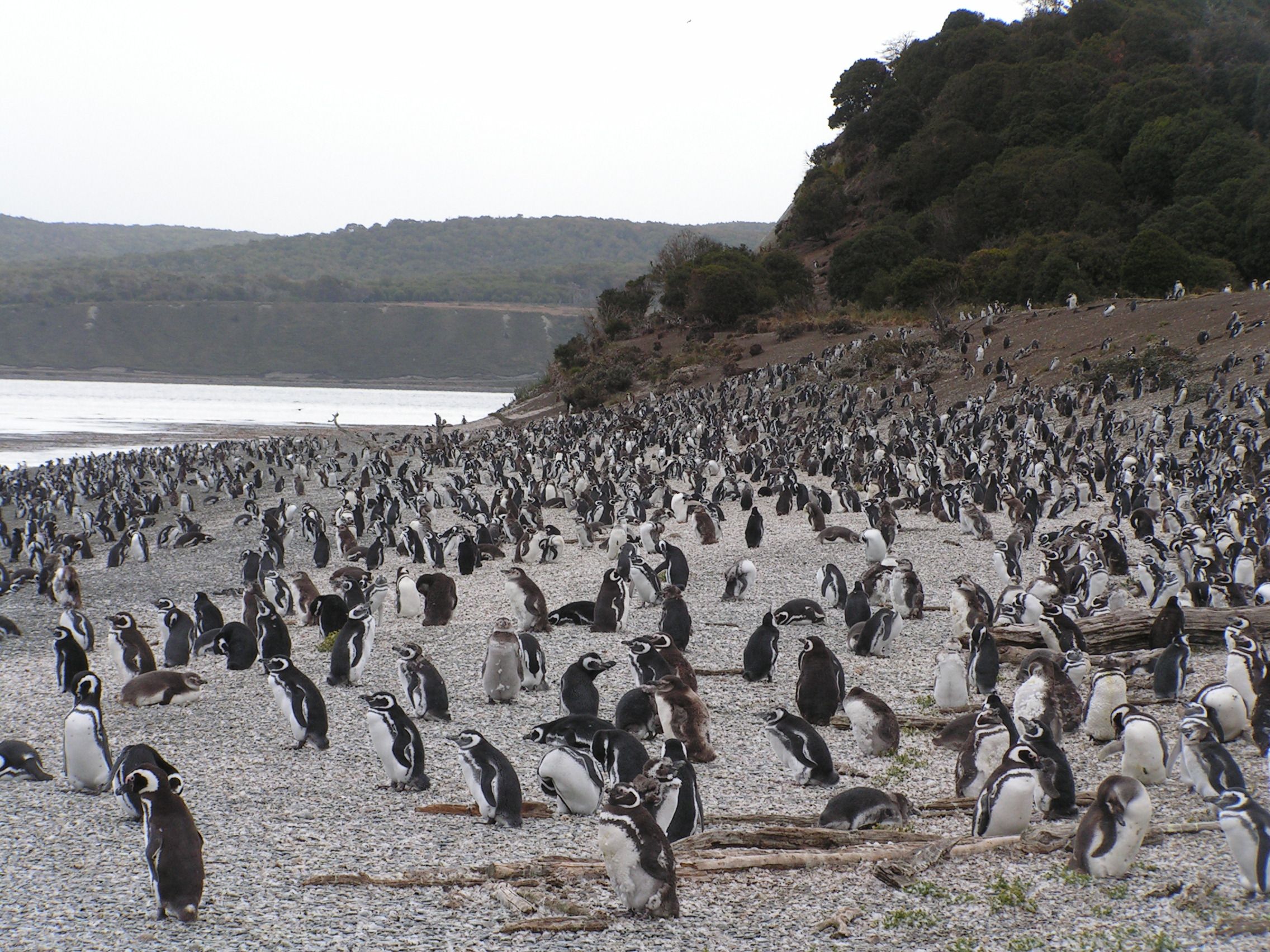
We have to talk about poop, a new study published in Nature Communications argues. Specifically, ecologists behind the paper say we all should take a moment to appreciate just how important a role seabird excrement plays in keeping vital nutrients circulating throughout ecosystems all around the world.
Humans have a long history of appreciating the fertilizing potential of this material, which is also called guano—in fact, at times the resource has been considered so valuable that battles have been fought over access to guano harvesting sites. Ecologists have recognized this huge source of nutrients also fertilizes natural ecosystems, but they haven't had the numbers to say just how important a force of nature seabird poop really is. And the data they do have only really looks at nitrogen, even though phosphorus is also a hugely important nutrient when it comes to keeping ecosystems healthy.
So a team of dedicated poo sleuths stepped up to the plate, calculating just how many hundreds of thousands of tons of nutrients the planet's more than one billion seabirds produce each year.
First, they gathered population statistics on 320 different species of bird, including differentiating between chicks and adults. Then, they calculated just how much of the good stuff each bird can produce, using a complicated formula that takes into consideration the bird's size, what type of food it eats, how long it spends in colonies each year and how efficient a digester it is, among other factors. Then they added all the poo up and spread it across a map of the world according to where different species nest.
Here's the poop scoop: worldwide, seabirds produce more than 650,000 tons of nitrogen and more than 100,000 tons of phosphorus. (And remember, that's just the tonnage of the individual nutrients, not the total tonnage of poop.)
Read more: Duck Penises Get Bigger When They Are Surrounded By Other Males
Macaroni penguins are the most prolific of the lot, clocking in at more than 110,000 tons of nitrogen and more than 18,000 tons of phosphorus. Their fellow penguins are also known for dropping a lot of droppings: king penguins, chinstrap penguins and Adelie penguins are other outstanding performers on the poo rankings.
Thanks to that penguin-heavy champions line-up, the Antarctic and the Southern Ocean is a veritable poo paradise: In fact, it's the site of about 80 percent of poop production of both nitrogen and phosphorus worldwide, a fun fact that probably won't be making it into tourism brochures any time soon.
Uncommon Knowledge
Newsweek is committed to challenging conventional wisdom and finding connections in the search for common ground.
Newsweek is committed to challenging conventional wisdom and finding connections in the search for common ground.
About the writer
Meghan Bartels is a science journalist based in New York City who covers the science happening on the surface of ... Read more
To read how Newsweek uses AI as a newsroom tool, Click here.








